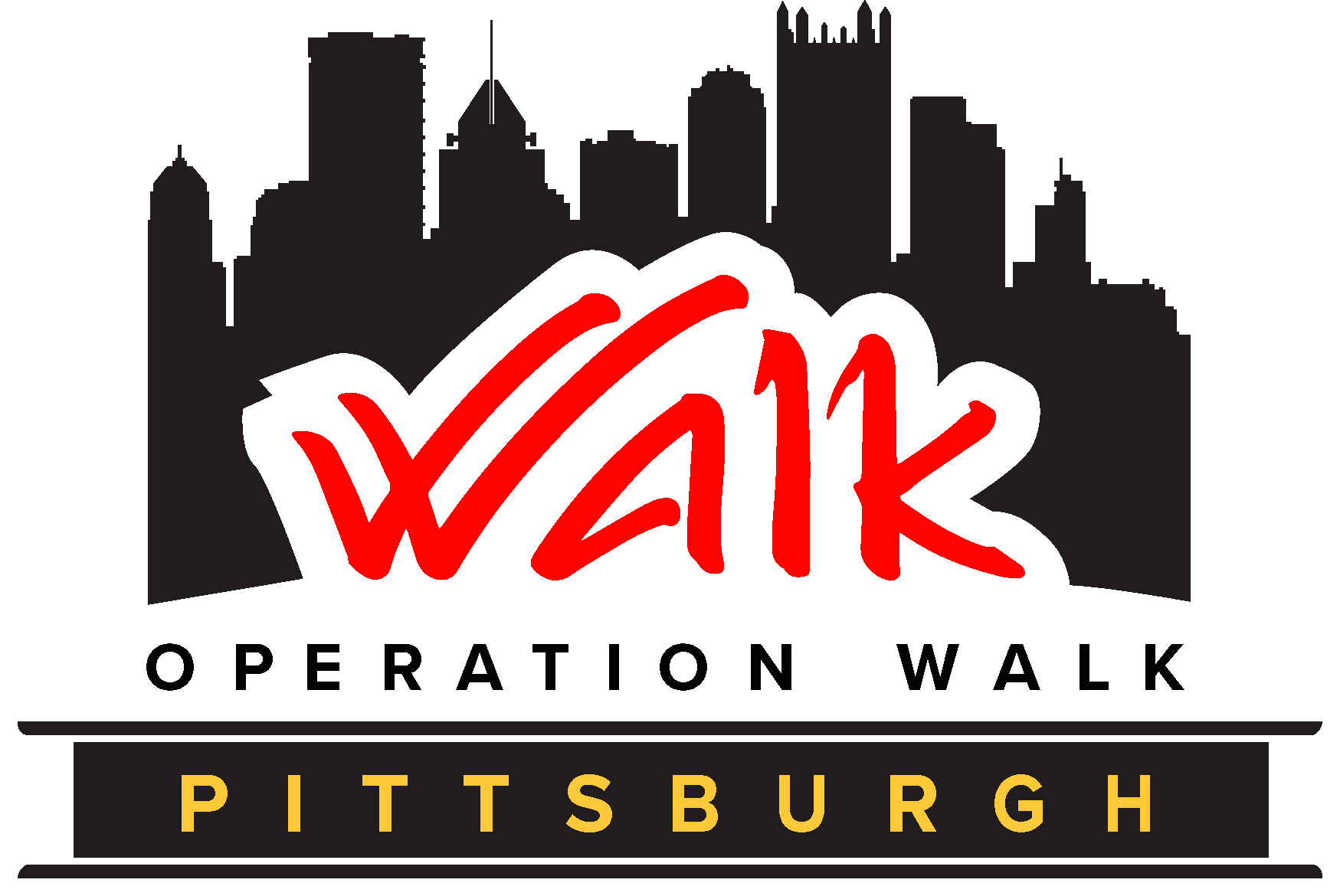Q&A with Program Director Nick Langston
After completing his second year in the position, Nick shares lessons learned, memories made, and hopes for future Operation Walk Pittsburgh missions.
Q: So, Nick –– how was Antigua 2019 different from the last year?
A: From the logistics and planning perspective, I’ve taken all the lessons I learned last year and coupled them with our team leaders’ advice and support to anticipate anything that could go wrong and be prepared if something does. That’s a lot of work, but it’s a big payoff.
Q: What part of this year’s mission are you most proud of?
A: We implemented improved strategies for communicating between stakeholders during the shipping phase, which allowed our cargo to be delivered to the hospital a full 45 days before the team arrived. This year was the first time ever our advance team found the cargo waiting for them when they arrived… without having to negotiate its release with customs. That’s really worth celebrating!
Q: What process improvements took place this year?
A: In the past, this screening clinic was held on Day 1 of the main team’s arrival, and coordinating clinic responsibilities for 70 volunteers while screening 100 surgical candidates was like orchestrating chaos. This year, we planned an advance step that allowed us to determine our surgical schedule for the mission well ahead of time. In March 2019, our team leaders traveled to Guatemala to hold a pre-screening clinic, where nearly 100 surgical candidates were evaluated for total joint replacement.
With the pre-screening clinic already complete, in September, the clinic teams only needed to reconfirm cases for the week and approve a short waiting list in case of cancellations.
Q: What is your favorite memory from the trip?
A: All of our patients’ eyes widen when they take their first steps and realize that their joint replacement will have a dramatic effect on their quality of life. It’s often very emotional as patients smile, tear up, and start to talk with us about how hopeful and excited they are to return to doing the things that they enjoy most in life. When the doctors hold up their postoperative x-rays, patients see the change and their faces light up; they are overwhelmed with thanks. To be in the room then and experience their joy, that’s really something.
Q: What else do you look forward to in coming years?
A: We’re always learning, and for the first time ever, we used tools like What Matters to You, goShadow, and WhatsApp to gather feedback from and connect with not only volunteers, patients, and hospital staff, but also our patients’ extended family members. We hope to use this information to improve the trip each year so that ‘what matters’ to the people we serve is always at the center of our work.


